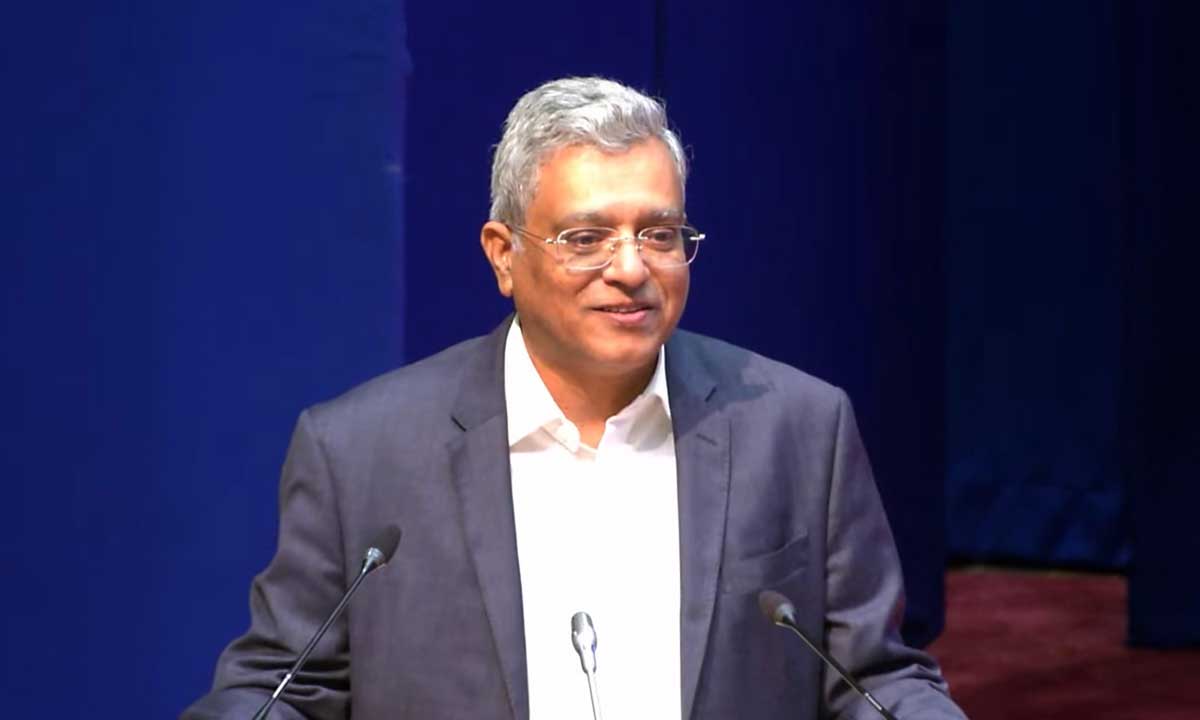Underlining the importance of having an independent judiciary, Supreme Court judge P S Narasimha on Wednesday, July 5, said rule of law would be compromised and the concept of government would come under threat if the independence of the institution is diluted. He said the independence of judiciary is essential for democracy, which should not be understood as majority rule. He was speaking at the OP Jindal University, Panipat.
“The framers of the Indian Constitution envisaged the independence of judiciary as a post-colonial democratic concept. A system which ignores either of the two concepts cannot make much progress. A key question is if democracy is only about majority rule. Political theorists, jurists and thinkers have disagreed with this basic understanding of democracy. It is understood that certain values and frameworks need to be followed in a society which confirms equal rights to all citizens,” Justice Narasimha said at the award function for Singhvi-Trinity Scholarship 2023, instituted by senior advocate and Rajya Sabha MP Abhishek Manu Singhvi, reported The Times of India.
“The independence of the judiciary, therefore, becomes a foundational pillar for intertwining of democracy, constitutionalism and rule of law. Rule of law, which is the bedrock of democracy, will be diluted if the independence of the judiciary is not upheld. This separation of powers is the accepted principle on which any dynamic form of government exists. If the independence of judiciary is compromised, the concept of government itself comes under threat. Only independent judges can act as oversight over the acts of the government,” the judge said.
Independent judiciary serves as a neutral referee: Singhvi
Also speaking on the occasion, senior advocate and Rajya Sabha MP Abhishek Manu Singhvi said democracy is not just a system of governance but a broader social commitment that values equality, fairness and justice.
“It is the judiciary in its independent capacity that breathes life into these values. An independent judiciary serves as a neutral referee resolving conflicts, not based on the might of the parties but on the might of the law,” he said.
“An independent judiciary is the lifeblood of democracy and is essential for accountability. It promotes transparency and guards our fundamental rights while upholding the principle of justice for all,” Singhvi said.
The event, organised by Jindal Law School, was attended by many legal luminaries and academics, including former Union ministers P Chidambaram and Salman Khurshid, former SC judge Arjan Sikri, attorney general R Venkataramani, solicitor general Tushar Mehta and Prof C Raj Kumar, founding VC of O P Jindal Global University.
Related:
How the dissent does not quite deal with insulation of judiciary from executive control: NJAC case

